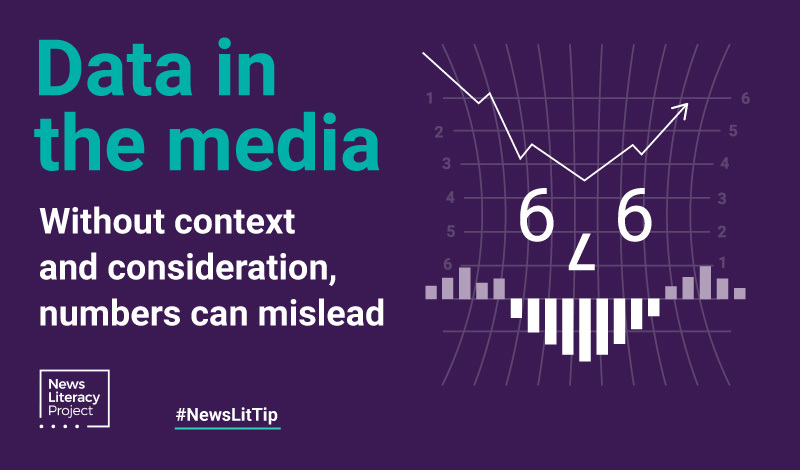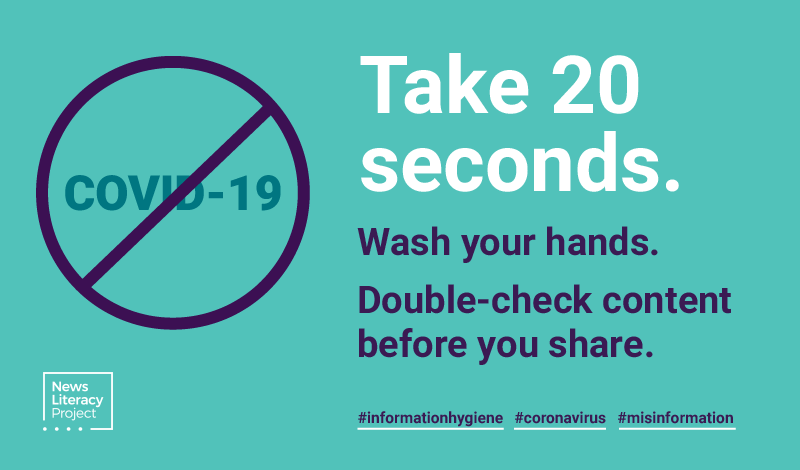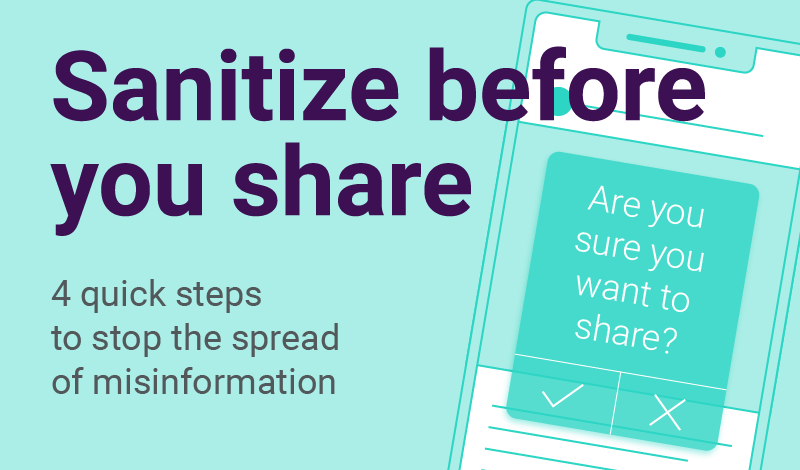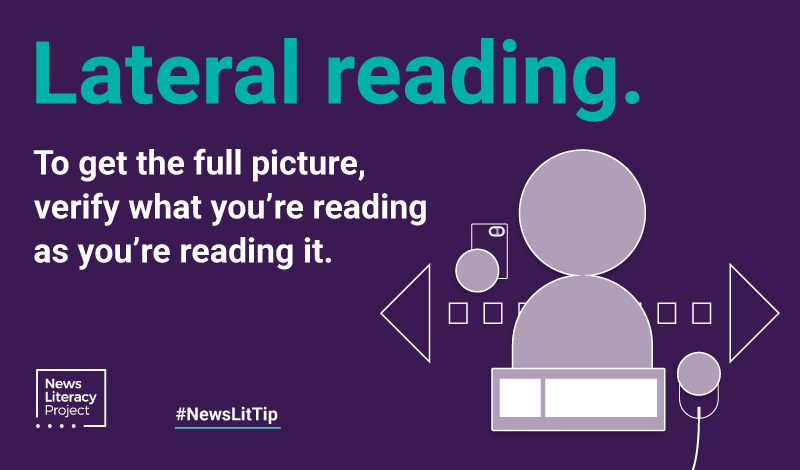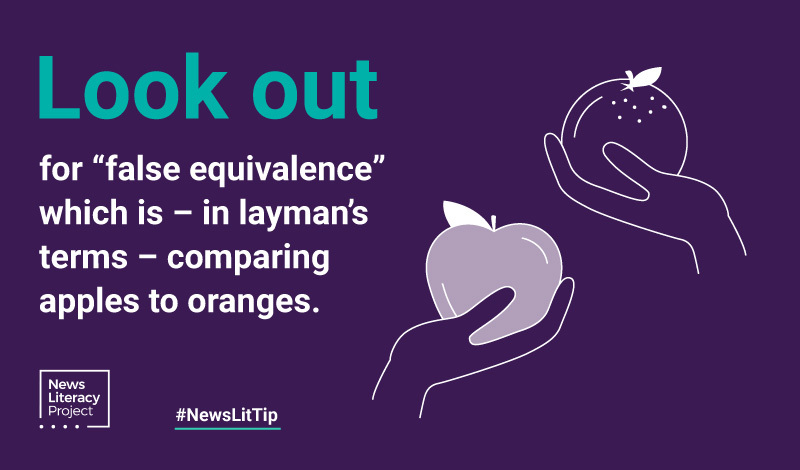
News Lit Tips
Believe it or not! The images are not real
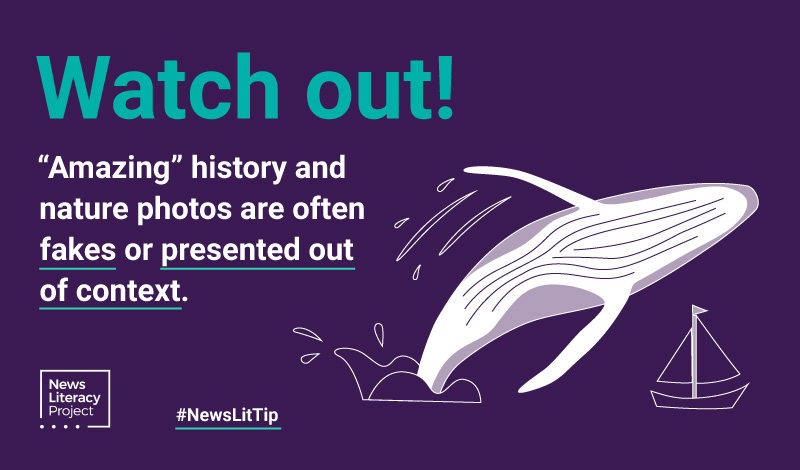
A smiling elephant stands on his back legs under a waterfall, blissfully enjoying being splashed. The image on Twitter has a simple caption: “Happy Elephant.”
This is an animatronic elephant from the Jungle Cruise ride at Disney World’s Magic Kingdom in Florida. https://t.co/7rL2nINw3W
— PicPedant (@PicPedant) October 16, 2019
And the caption on the extraordinary image of the polar lights is just “Aurora over Northern Norway.”
Both images take your breath away. But before you swoon, consider this: As breathtaking as nature can be, “amazing” photos found online are often fakes or presented out of context.
That happy elephant? It’s really an animatronic contraption from a ride at Walt Disney World’s Magic Kingdom in Florida. And the vision of lights — implied to be an untouched photo of the aurora borealis — is a composition of three separate photos.
That information comes from Paulo Ordoveza, who on his Twitter profile calls himself “Punctilious internet killjoy at the forefront of the New Debunkonomy.” As @PicPedant, he pokes holes in a lot of the stuff people pass off as real, untouched images from nature or life.
Janne Ahlberg is another internet sleuth who unmasks fake photos online. Followers of his @hoaxeye account (profile description: “Hoax fighter and fact finder. Main tools: reverse image search and coffee”) will see photos and narratives debunked, like the one that has a frog using a leaf as an umbrella (not really).
For 10 examples of how real photo manipulation can look like real life, take a look at these examples, which include protest crowds at events unrelated to the information in the caption and people side by side in an image even though they never were together in real life.
When you see an “amazing” image, make sure your sense of wonder is accompanied by real questions. Here’s what a blog post on Pixsy, a website where photographers can track the unauthorized use of their images online, suggests:
- Use reverse image search tools, such as Pixsy, to find out where the image has come from, and how it’s been changed.
- Try running a description of the image through various stock photography services. This is often the source when a photo claims to show something it actually doesn’t.
- Do a phrase search on Twitter, Reddit etc. to see when jokes or captions have been recycled.
